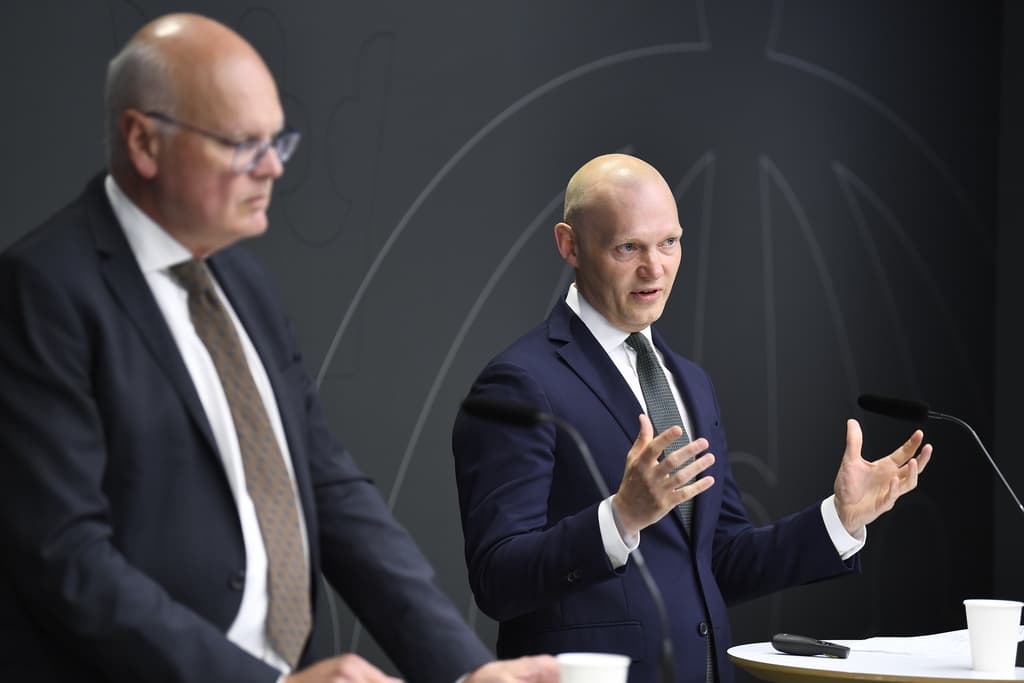Investigator Mats Dillén was given the assignment in December to investigate how new nuclear reactors will be financed and how risks can be shared.
The model he is now presenting consists of three parts. The first part deals with government loans.
The state will lend 75 percent of the construction cost, while 25 percent will be equity capital.
The state lends money and takes all credit risk for the loans it provides, says Mats Dillén.
A project company can borrow at a risk-free interest rate, i.e. the interest rate the state has, during the construction phase.
When the construction is complete, the state gradually increases the interest rate and creates incentives for the owners to replace the government loans with private loans, he continues.
So the state steps out of the financing step by step.
Agreements to secure
Dillén also proposes so-called price guarantee agreements. This means that the nuclear power company is guaranteed a minimum price, a redemption price, for the electricity over 40 years.
What we propose here is that the price should be 80 öre per kilowatt-hour, he says.
The price is two-way, which means that if the electricity price falls below the redemption price, the state will top it up so that the company reaches the redemption price. If the market price is instead above the redemption price, the nuclear power company will pay money to the state.
This is intended to be financed with a proportional tax on electricity consumption, or one can also imagine a variant where the state charges fees, says Dillén.
If the average market price were to end up at 67 öre per kilowatt-hour (kWh), the annual cost for the state is estimated to be 1.27 billion kronor per reactor, which would correspond to a surcharge of 1.68 öre on the price per kWh that electricity customers pay. Today, the energy tax is around 50 öre/kWh.
A third component of the model is a risk- and profit-sharing mechanism, which in brief means that if the nuclear power company does well, it will get worse terms from the state, and vice versa.
"Strong reasons"
The program includes four to five large-scale reactors, which together can produce 4,000-6,000 megawatts.
Building these is estimated to cost 400 billion kronor at today's prices, and of this, the state would provide 300 billion in loan capital and the owners would contribute 100 billion in equity capital, according to the investigator's proposal.
Financial Markets Minister Niklas Wykman (M) notes that it involves "very large" investments that need to be made here and now.
There are strong reasons for the state to engage in this, he says at the press conference.
The proposals will now be reviewed during the autumn.






